King Charles’ recent cancer diagnosis has left many wondering just how long he will be sidelined from royal duties. Others surmise his illness may result in the implementation of the Regency Act.
But what exactly is the Regency Act, and how could it lead to William taking on the responsibilities of the king in his absence?
King Charles Cancer Diagnosis
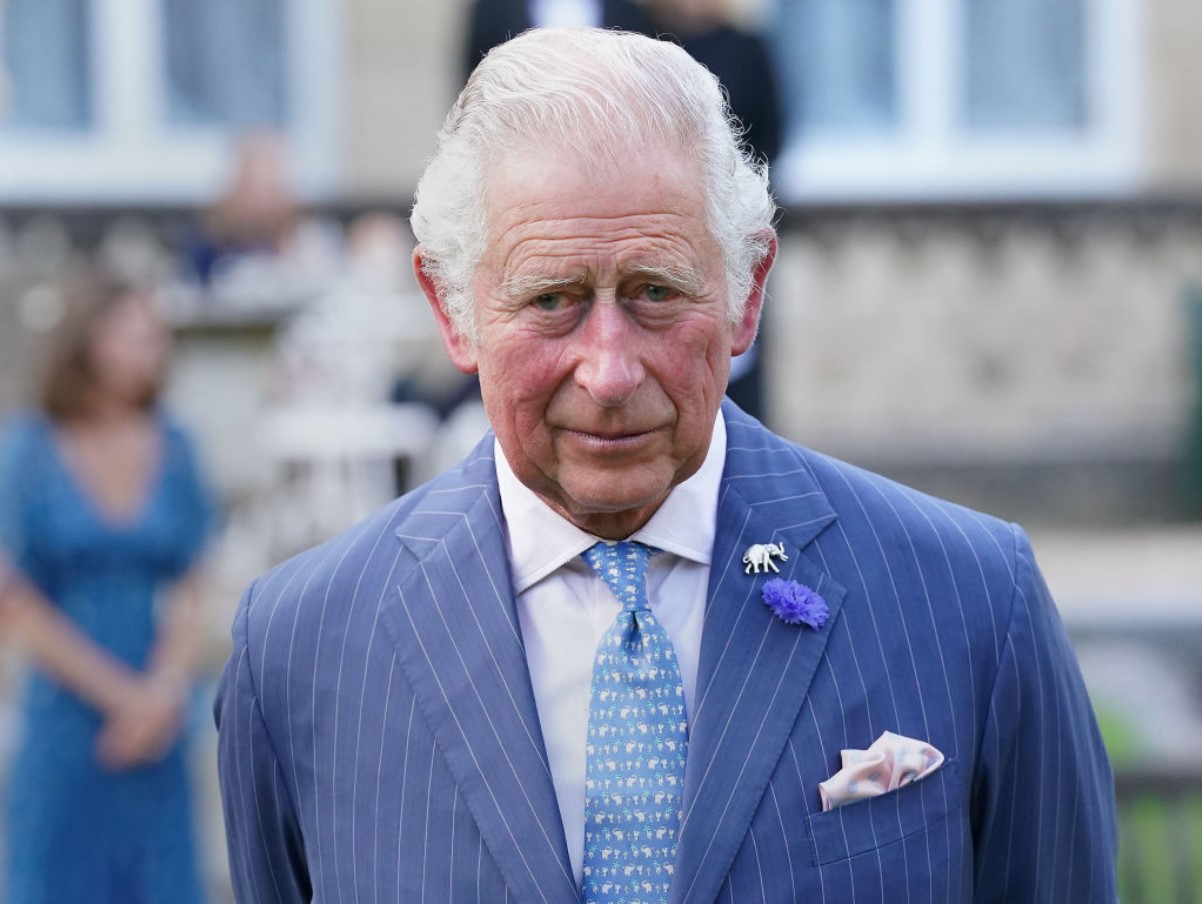
It came as a shock to the world when King Charles revealed his cancer diagnosis at the beginning of February. Many were astonished that the king opened up about his disease, as it’s typical for royals to keep these things under wraps.
In an interview with BBC Radio 4, former royal press secretary Simon Lewis said, “I think 20 years ago we would have got a very abrupt, short statement, and that’s about it” (via U.S. News).
What If the Treatment Doesn’t Work?
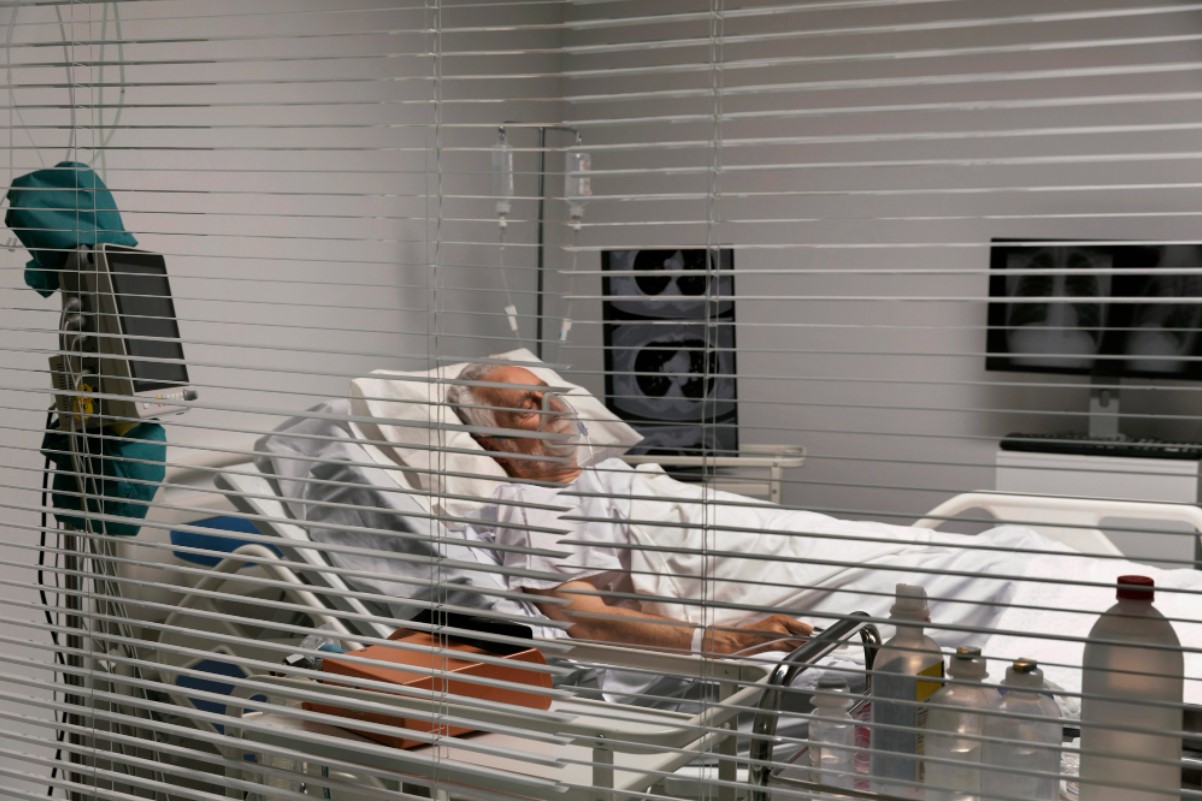
While Charles is already in treatment and under the care of the best doctors money can buy in London, there’s still a chance his treatment fails.
In such a case, it’s reasonably likely the king would be forced to invoke the Regency Act of 1937, which would see Prince William take on most, if not all, of Charles’ duties as king.
The Regency Act of 1937

According to the Regency Act of 1937, should the king be unable to fulfill his duties, next in the line of succession should take on the monarch’s responsibilities.
The Regency Act is “an Act to make provision for a Regency in the event of the Sovereign being on His Accession under the age of 18 years, and in the event of the incapacity of the Sovereign through illness, and for the performance of certain of the royal functions in the name and on behalf of the Sovereign in certain other events,” says the U.K. government legislation site.
Prince William May Be Called Upon
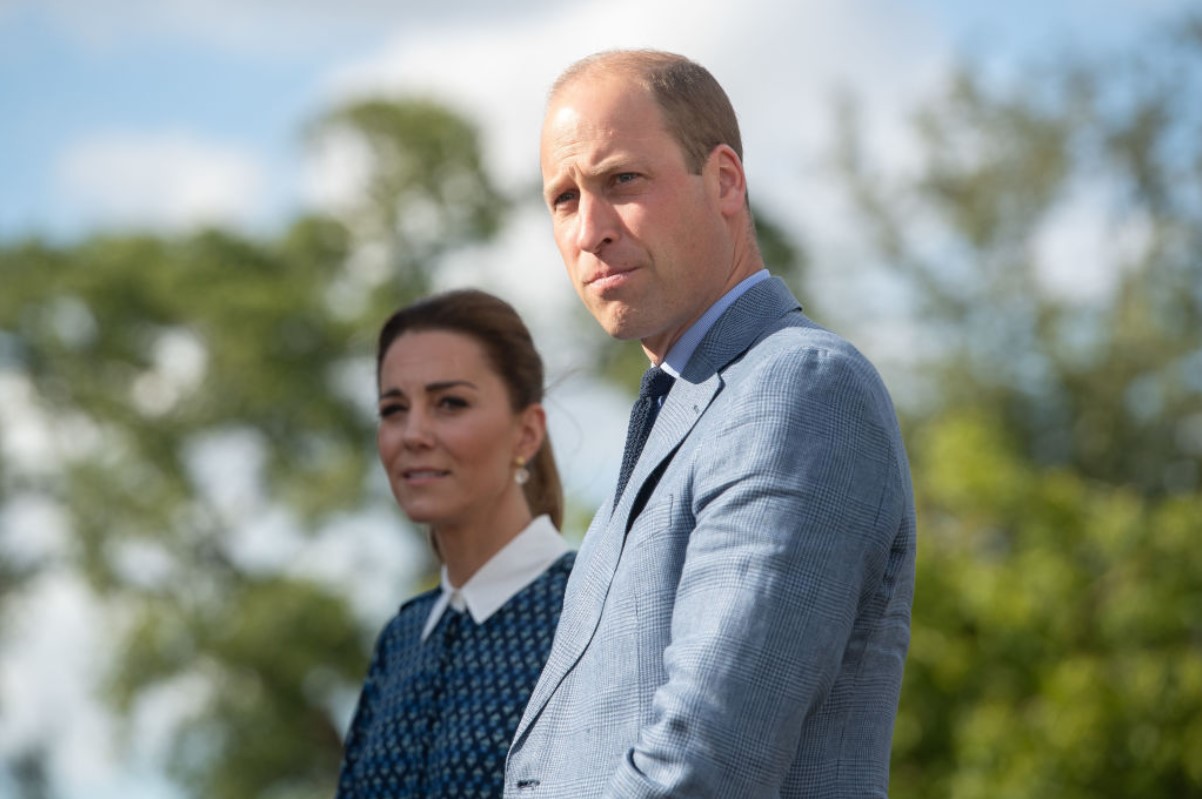
Cindy McCreery, a historian at the University of Sydney, recently spoke with the Sydney Morning Herald to share her opinion on William potentially becoming regent.
“William is next in line, so I think it’s absolutely appropriate that William steps up if need be, as Counsellor of State and, if need be, as regent,” she said.
Only Necessary If the King Is Wholly Incapacitated

Speaking in an interview with TalkTV, Daniel Brittain said that only in the most severe of circumstances would the king be forced to appoint Prince William as regent.
“A regency is only necessary if the monarch is completely incapacitated, either mentally or physically,” he said.
Protocols to Follow Before Regency Can Be Appointed

Several protocols must be adhered to before a final decision is made to implement Prince William as regent.
Firstly, Queen Camilla, the Lord Chancellor, the Speaker of the House of Commons, the Lord Chief Justice of England and Wales, and the Master of Rolls must all agree that Charles is unfit to rule. Three of the five must concur for the regency to be invoked.
Down to the Decision of the Group

“The monarch can’t, for example, insist that they can remain as monarch if it’s clear to their doctors and senior members of the royal family that [they can’t],” said McCreery.
She continued, “There is absolutely a mechanism for assuring the public and assuring the country or the Commonwealth even that the head of state is competent to stay in that role.”
What If William Became Regent?
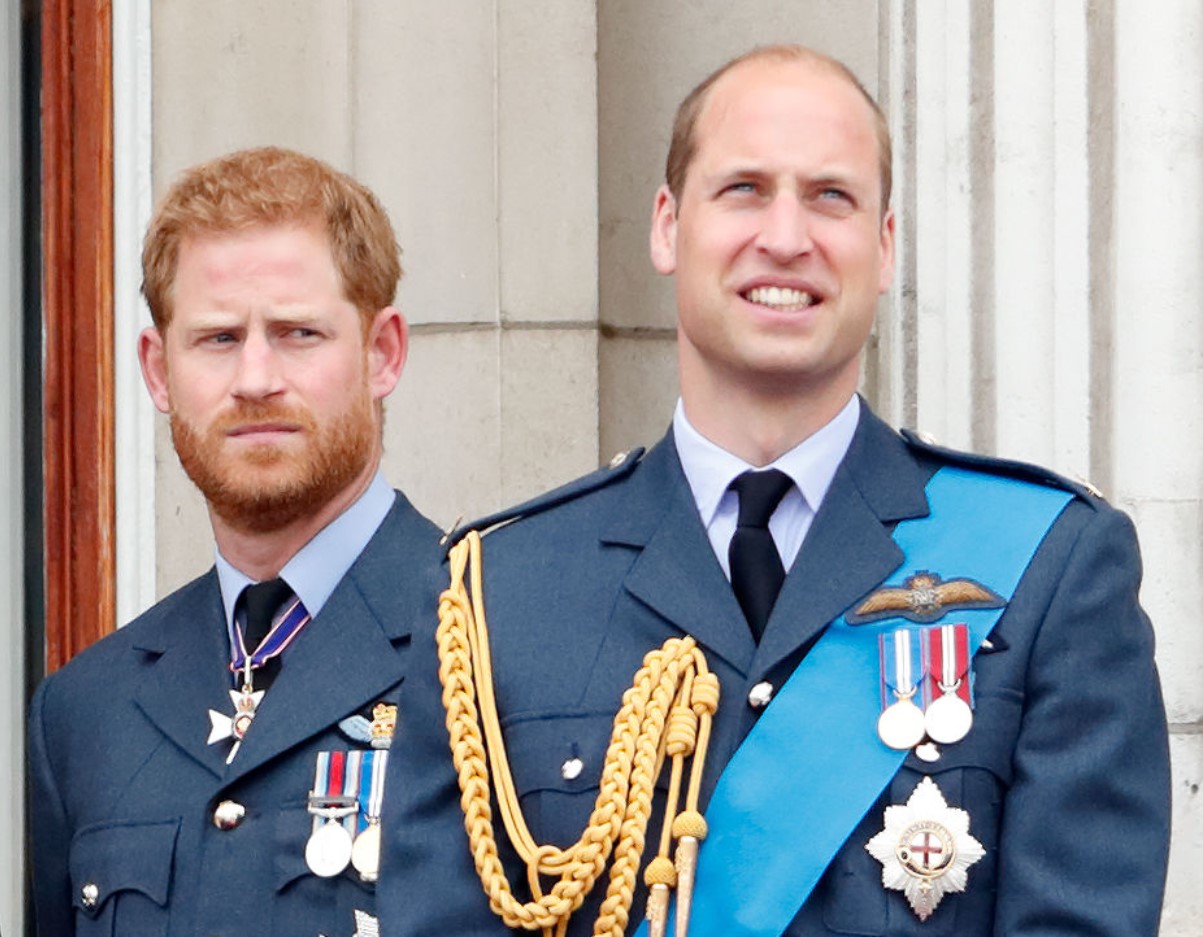
If Prince William became the regent due to Charles’ inability to perform the royal functions, it would see a transfer of power to the Prince of Wales.
However, Charles would remain as the monarch and head of state.
Regency Serves as a Long-Term Solution

If Prince William were to become a regent, it would come as a long-term solution to the king’s declining health.
In the meantime, while King Charles goes through his treatment, he can call upon the Counsellors of State to help him carry out his day-to-day tasks and duties.
The Show Must Go On
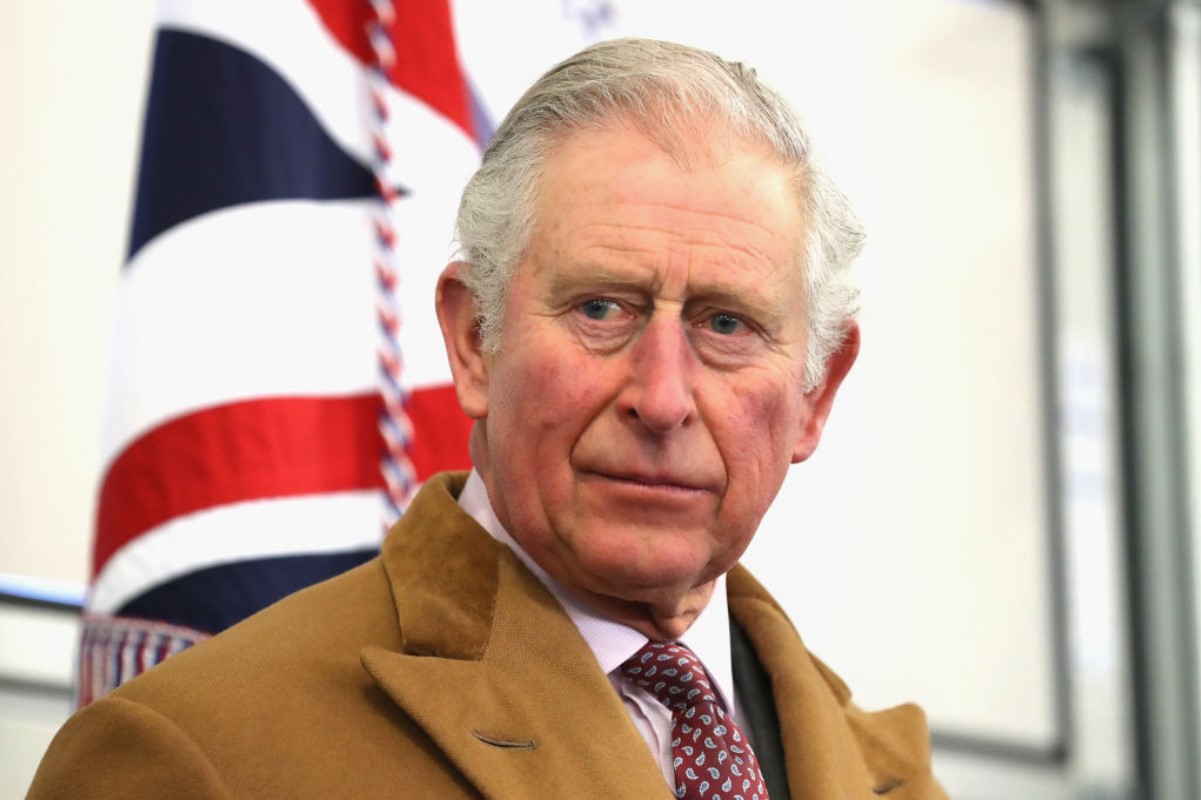
Counsellors of State can help to ensure the king stays on top of his duties while on a minor leave of absence, according to royal correspondent Juliet Rieden.
“The point of the Counsellors of State is that the business of government needs to continue. It’s not something that would go on and on,” she said (via Sydney Morning Herald).
Nothing Stopping William from Taking on Duties
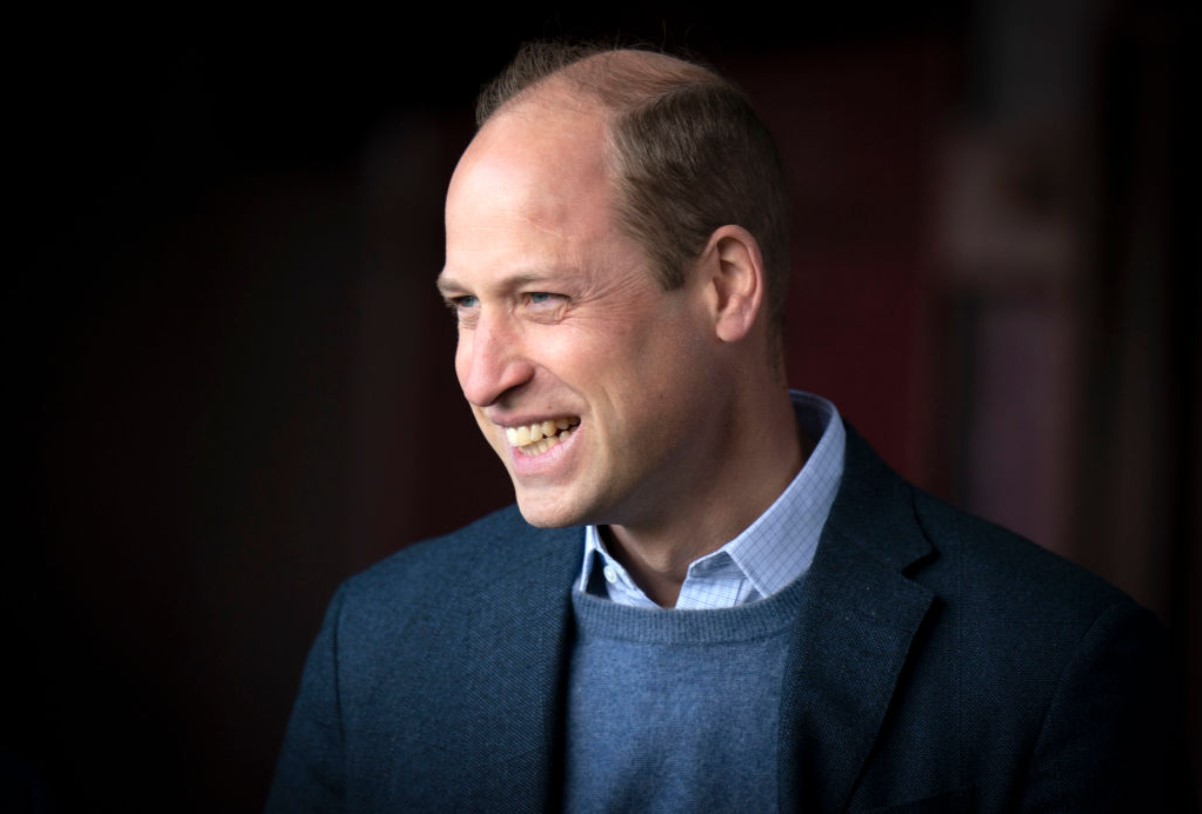
Constitutional expert Robert Hazel suggests there’s nothing stopping Prince William from taking on many of the king’s duties without becoming regent.
“Prince William could do that occasionally, or he could start to do it permanently without necessarily a regency having been declared,” Hazel said, per Times Radio.


